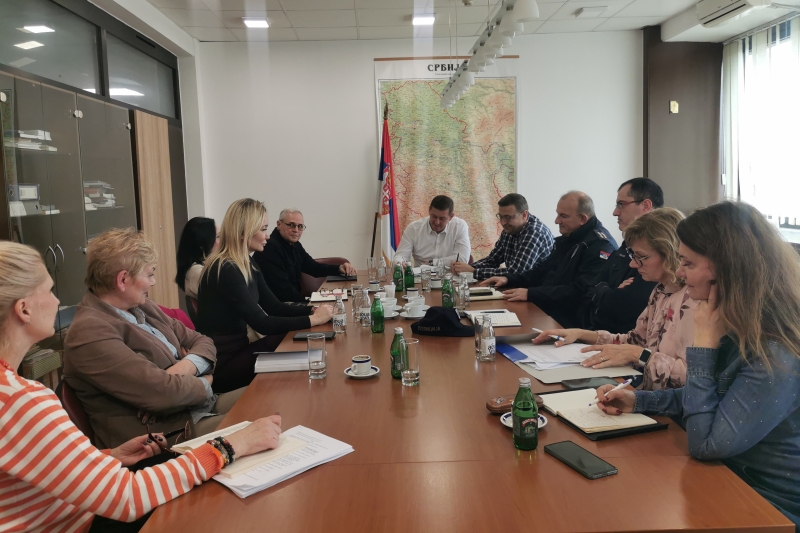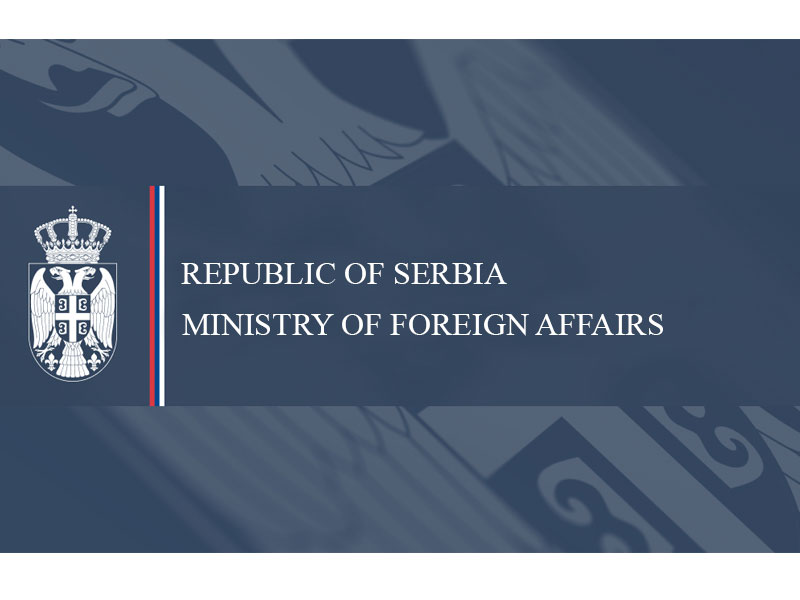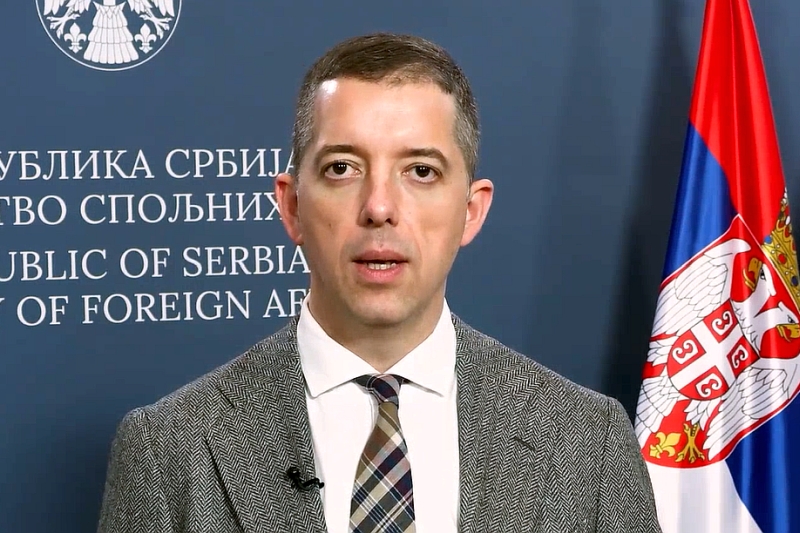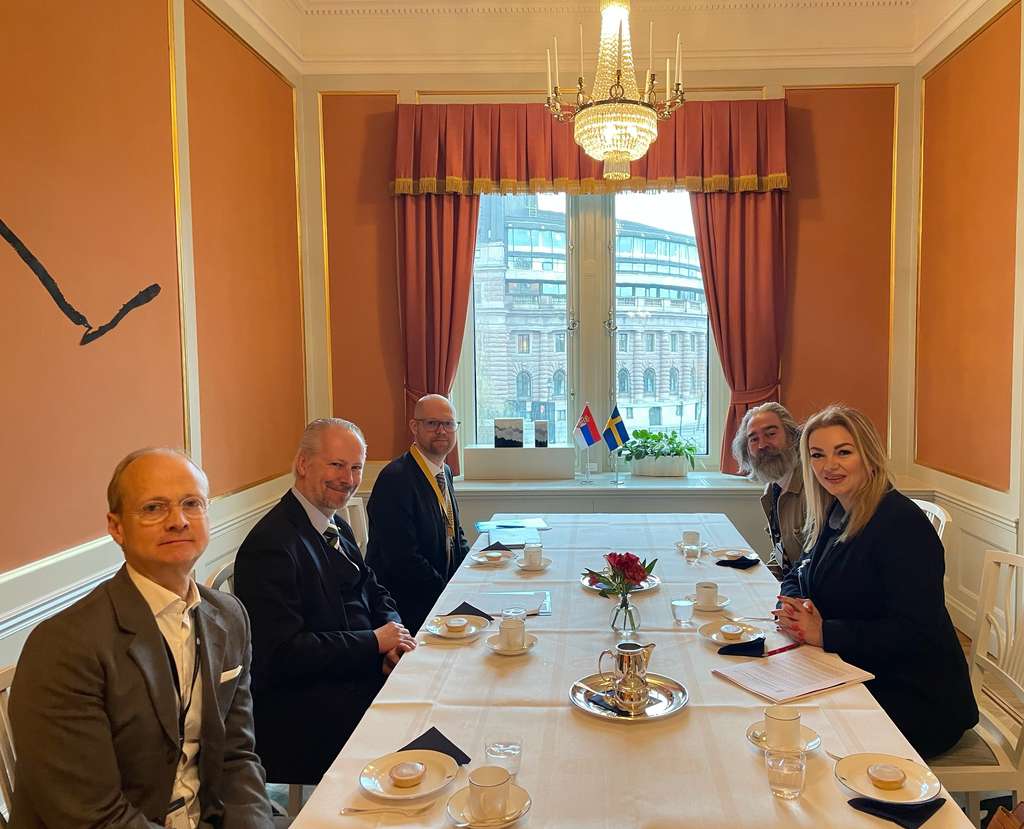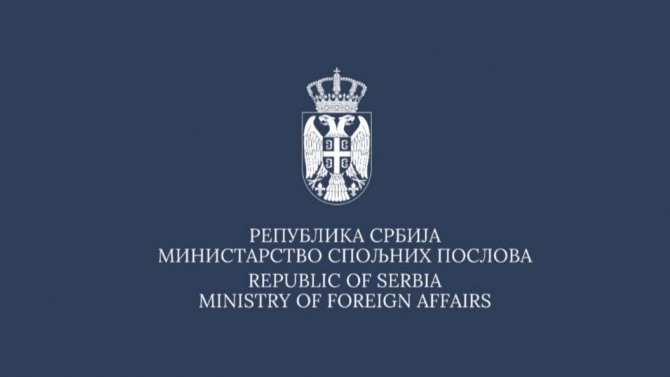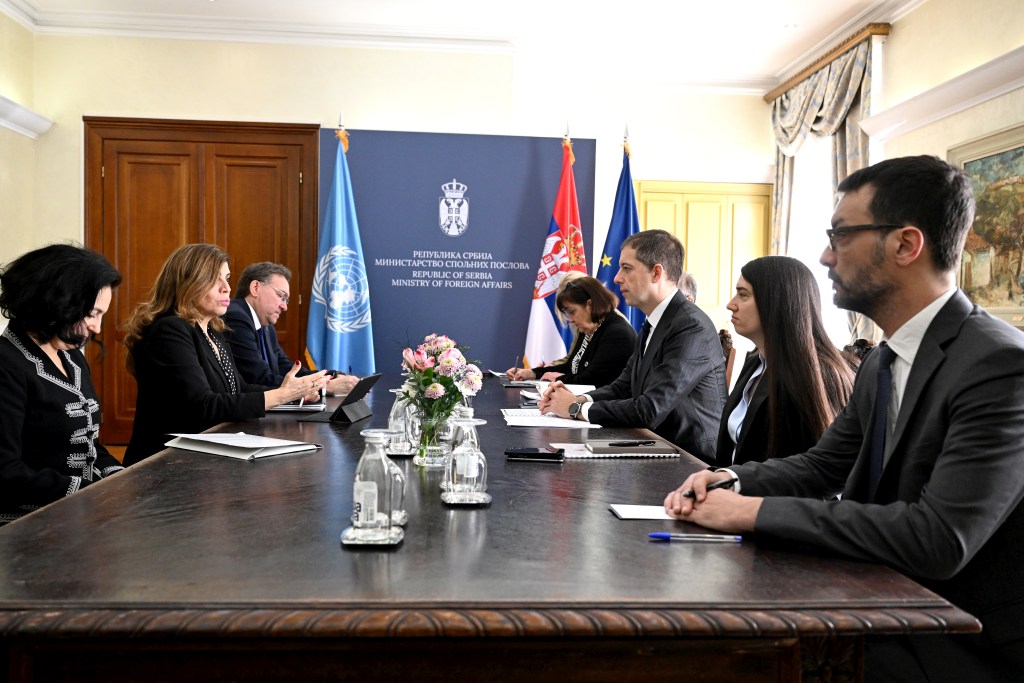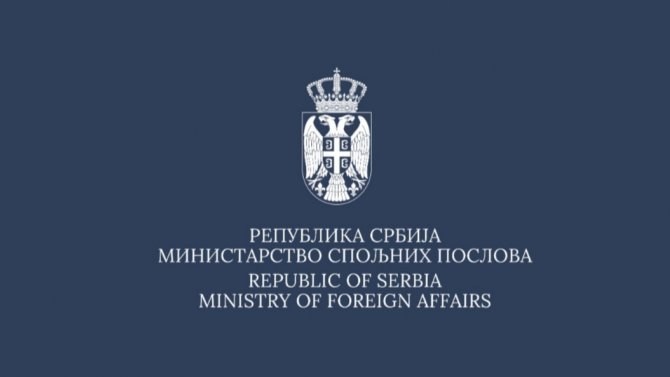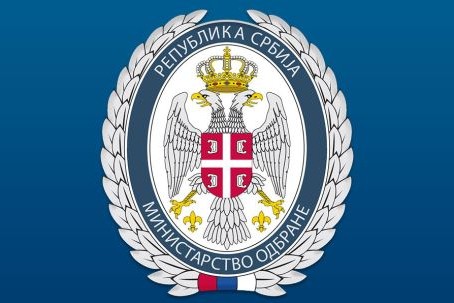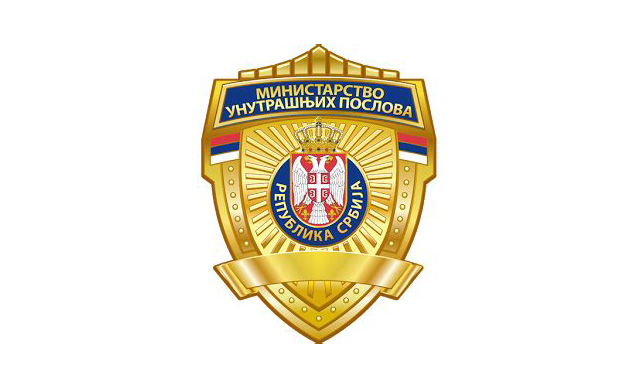Q:
A:
SE European countries agree on joint priorities in environmental protection
Belgrade,
11 October 2007
The Serbian Ministry of Environmental Protection stated today that during the morning session on the second day of the 6th Ministerial Conference, the participants agreed that the EU, countries of Southeast Europe, central Asia and Caucasus (EECCA) have achieved progress in setting up dialogue on environmental protection.
The statement adds that Czech Deputy Minister of Environment Rut Bízková called upon all EECCA countries to take a more active role in the implementation of the Environmental Protection Strategy.
The most important demands stated at this session are monitoring, surveillance and assessment of results of the strategy’s implementation, strengthening the legislation and harmonising approaches to environmental issues in different countries.
At the second part of the morning session, environmental ministers from Southeast European countries endorsed the Belgrade initiative, which envisages the set-up of a regional centre for monitoring climate change with its seat in Belgrade.
Serbian Minister of Environmental Protection Sasa Dragin stated that countries in the region agreed on joint priorities aimed at protecting the environment.
He stressed that building capacities, harmonising legislation with EU standards, as well as education and raising citizens’ awareness on environmental issues are some of the priorities on which countries from Southeast Europe agreed.
The Belgrade initiative has three goals, which are to develop a framework action plan for Southeast European countries, set up a regional centre for monitoring climate change and develop partnerships with regional and international institutions and organisations, as well as other initiatives in the remit of environmental protection, emphasised Dragin.
Secretary-General of the International Meteorological Organisation (IMO) Michel Jarraud said it is necessary to take numerous and continuous efforts and that the IMO being a UN institution will continue supporting all initiatives coming from Southeast European countries.
The second Environmental Performance Review (EPR), presenting the environmental condition in Serbia and Montenegro, shows the progress Serbia made in creating a legal framework and improving the work of institutions in charge of environmental protection.
EPR is published every four years by the Serbian Ministry of Environmental Protection with the support of the UN Economic Commission for Europe (UNECE) and international experts.
The report praises Serbia’s decisiveness to re-establish a separate Ministry of Environmental Protection but warns that other government institutions must change their organisation of work in order to provide a singular approach to the solution of the environmental protection issue.
Also, it is necessary to establish an efficient institutional network that will collect all data related to parametres of environmental quality, which will then be analysed in the National Agency for Environmental Protection.
EPR reflects the efforts aimed at improving the environment in Serbia in line with requirements of the EU accession process, Dragin said.
Montenegrin Minister of Tourism and Environmental Protection Predrag Nenezic said that this country will invest great efforts in implementing the sustainable development strategy, improve professional capacity and promote the process of environmental monitoring.
The most important demands stated at this session are monitoring, surveillance and assessment of results of the strategy’s implementation, strengthening the legislation and harmonising approaches to environmental issues in different countries.
At the second part of the morning session, environmental ministers from Southeast European countries endorsed the Belgrade initiative, which envisages the set-up of a regional centre for monitoring climate change with its seat in Belgrade.
Serbian Minister of Environmental Protection Sasa Dragin stated that countries in the region agreed on joint priorities aimed at protecting the environment.
He stressed that building capacities, harmonising legislation with EU standards, as well as education and raising citizens’ awareness on environmental issues are some of the priorities on which countries from Southeast Europe agreed.
The Belgrade initiative has three goals, which are to develop a framework action plan for Southeast European countries, set up a regional centre for monitoring climate change and develop partnerships with regional and international institutions and organisations, as well as other initiatives in the remit of environmental protection, emphasised Dragin.
Secretary-General of the International Meteorological Organisation (IMO) Michel Jarraud said it is necessary to take numerous and continuous efforts and that the IMO being a UN institution will continue supporting all initiatives coming from Southeast European countries.
The second Environmental Performance Review (EPR), presenting the environmental condition in Serbia and Montenegro, shows the progress Serbia made in creating a legal framework and improving the work of institutions in charge of environmental protection.
EPR is published every four years by the Serbian Ministry of Environmental Protection with the support of the UN Economic Commission for Europe (UNECE) and international experts.
The report praises Serbia’s decisiveness to re-establish a separate Ministry of Environmental Protection but warns that other government institutions must change their organisation of work in order to provide a singular approach to the solution of the environmental protection issue.
Also, it is necessary to establish an efficient institutional network that will collect all data related to parametres of environmental quality, which will then be analysed in the National Agency for Environmental Protection.
EPR reflects the efforts aimed at improving the environment in Serbia in line with requirements of the EU accession process, Dragin said.
Montenegrin Minister of Tourism and Environmental Protection Predrag Nenezic said that this country will invest great efforts in implementing the sustainable development strategy, improve professional capacity and promote the process of environmental monitoring.







